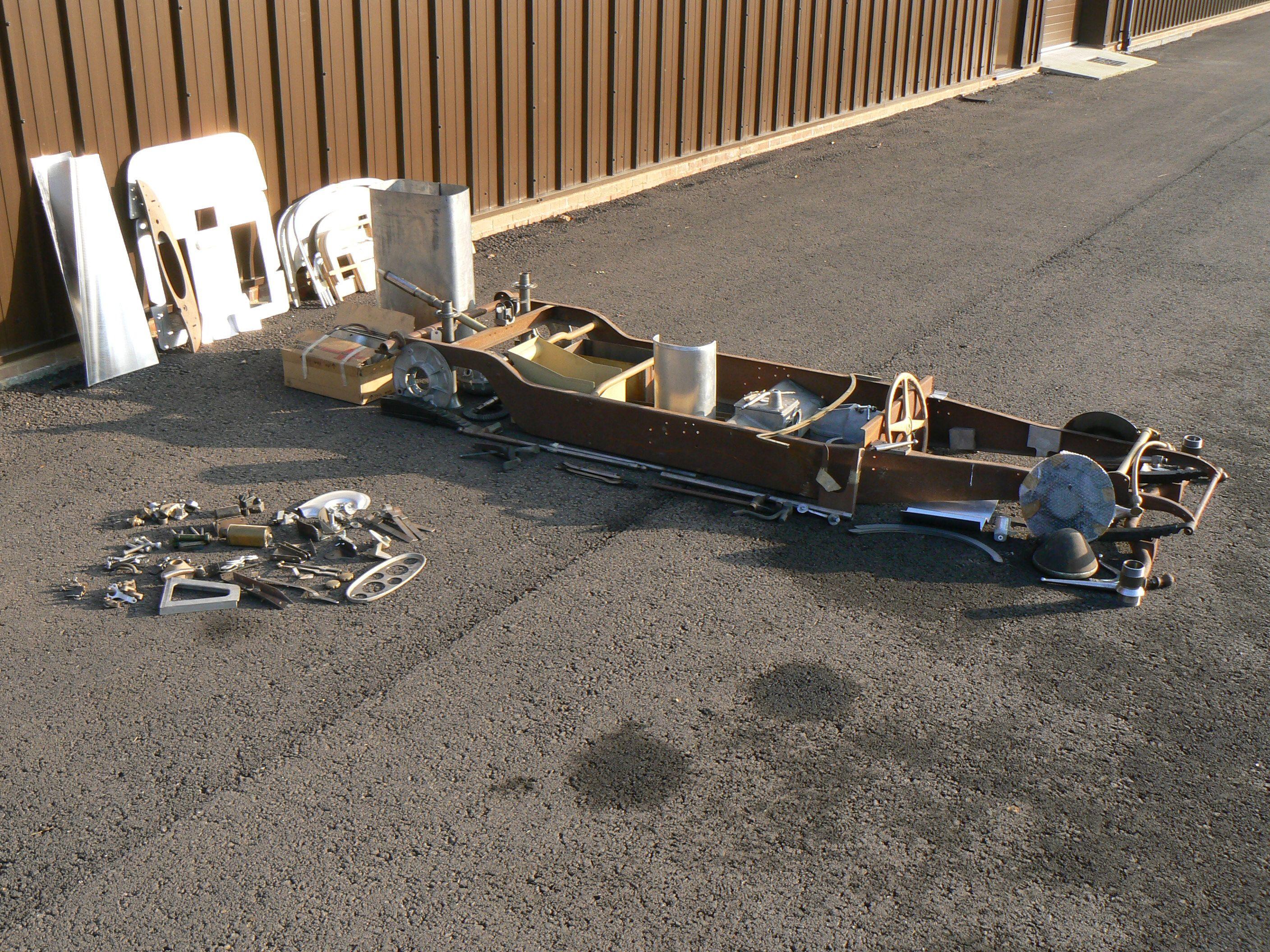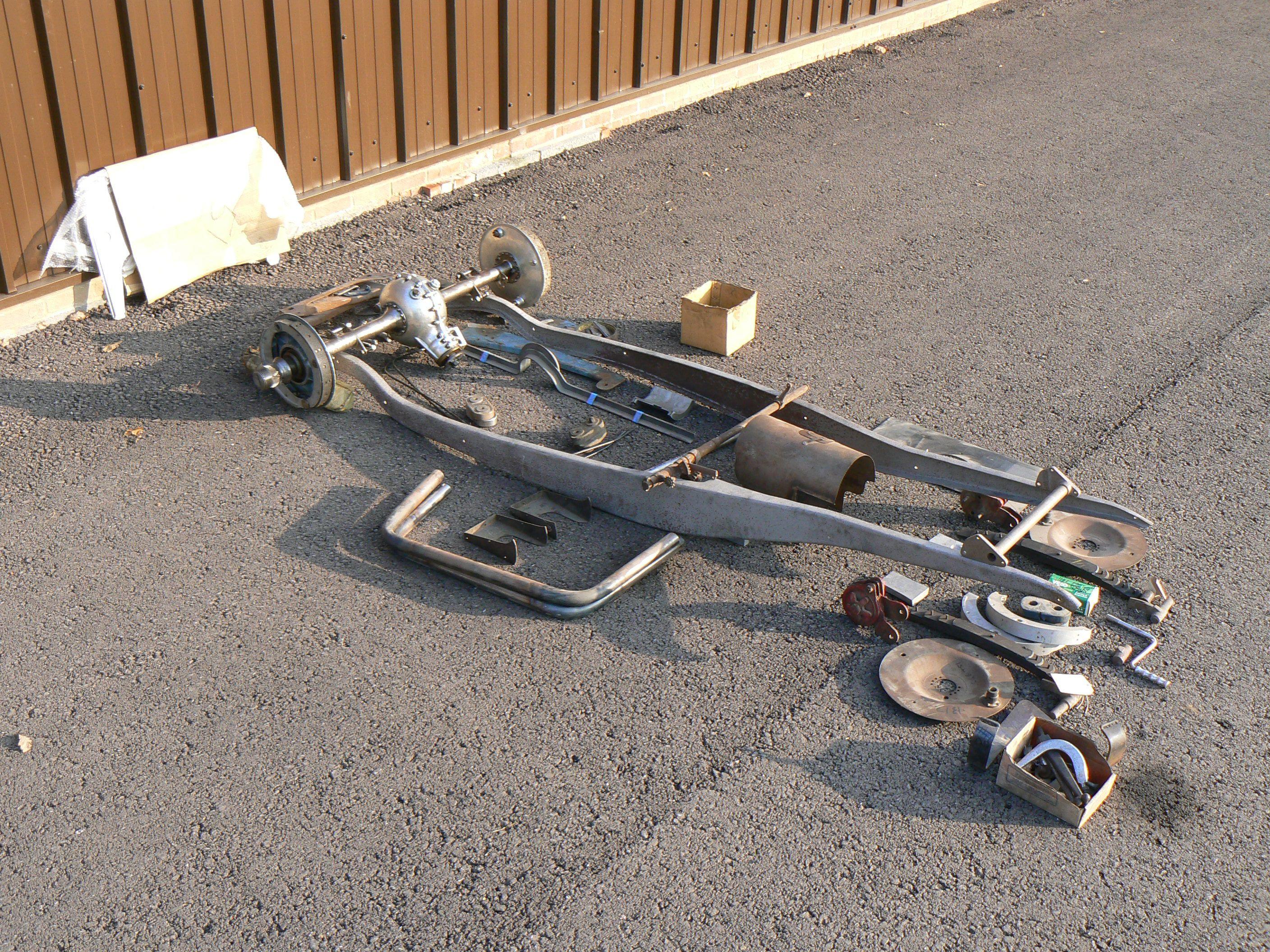Sold by Order of the Family The outstanding Gallipoli V.C., Western Front M.C. group of seven awarded to Major H. James Worcestershire Regiment, who was thrice wounded - twice in Gallipoli and again on the Somme in July 1916: his V.C. - the first such distinction won by his regiment - was awarded for extraordinary acts of bravery in June-July 1915, the last of them amounting to a protracted one man stand in an enemy sap near Gully Ravine throughout which, amidst mounds of dead and dying, he was exposed to ‘a murderous fire’ and ‘a shower of bombs’ Victoria Cross (Lieut. H. James 4th Bn. Worcestershire Regt; 28 June & 3 July 1915); Military Cross, G.V.R. unnamed as issued; 1914-15 Star (2 Lieut., Worc. R.); British War and Victory Medals, M.I.D. oak leaf (Capt.); French Croix de Guerre 1914-1916, with palm, the reverse of the upper and lower arms privately engraved, ‘Lt. H. James V.C., 1st Bn. Worc. Regt.’ and the reverse centre ‘July 7th’; Panama, Medal de la Solidaridad 1917, bronze, generally good very fine (7) £160,000-180,000 Footnote V.C. London Gazette 1 September 1915: ‘For most conspicuous bravery during the operations in the southern zone of the Gallipoli Peninsula. On 28 June 1915, when a portion of a regiment had been checked owing to all the officers being put out of action, 2nd Lieutenant James, who belonged to a neighbouring unit, entirely on his own initiative, gathered together a body of men and led them forward under heavy shell and rifle fire. He then returned, organized a second party, and again advanced. His gallant example put fresh life into the attack. On 3 July 1915, in the same locality, 2nd Lieutenant James headed a party of bomb-throwers up a Turkish communication trench, and after nearly all his bomb-throwers had been killed or wounded, he remained alone at the head of the trench and kept back the enemy single-handed till a barrier had been built behind him and the trench secured. He was throughout exposed to a murderous fire.’ M.C. London Gazette 15 October 1918: ‘During an attack, he rode forward when the situation was obscure under heavy fire, and brought back most valuable information. He then reorganised and led forward parties of men from other units and skilfully formed a defensive flank where a gap had occurred, exposing himself for many hours to a very heavy fire. By his gallantry, coolness, and utter disregard of personal safety, he set a splendid example to all ranks.’ Herbert James was born in Ladywood, Birmingham in November 1887, where his father ran a jewellery engraving business. According to his sister, it was decided that he should enter the teaching profession after his education at Smethwick Central School, and certainly he was employed as a teacher’s assistant and later primary teacher at the Bearwood Road and Brasshouse Lane Schools, but, ‘being of a roving disposition’, he wanted to go abroad, and, in April 1909, against his father’s wishes, he enlisted in the 21st Lancers, in which regiment he was appointed a Trooper and embarked for Egypt. Gallipoli By the outbreak of hostilities in August 1914, James was serving as a Lance-Corporal in India, but he was quickly appointed to a commission as a 2nd Lieutenant in the 4th Battalion, Worcestershire Regiment and, in March 1915, embarked for the Dardanelles. Landing at ‘W’ Beach, Cape Helles on 24 April, James received a serious head wound in the severe fighting of the 25th-26th, and was evacuated to Malta. About two months later he rejoined the 4th Battalion, in time for a newly planned attack up Gully Ravine. The following account of his exploits on 28 June was taken from The Worcestershire Regiment in the Great War, by Captain H. F. Stacke, M.C.: ‘All was ready and at 9 a.m. that morning the British guns opened fire, and at 10 a.m. the attacking troops advanced. The Worcestershires were not involved in that attack, their role being confined to holding the Brigade line further to the right, but the Battalion came in for heavy g
Sold by Order of the Family The outstanding Gallipoli V.C., Western Front M.C. group of seven awarded to Major H. James Worcestershire Regiment, who was thrice wounded - twice in Gallipoli and again on the Somme in July 1916: his V.C. - the first such distinction won by his regiment - was awarded for extraordinary acts of bravery in June-July 1915, the last of them amounting to a protracted one man stand in an enemy sap near Gully Ravine throughout which, amidst mounds of dead and dying, he was exposed to ‘a murderous fire’ and ‘a shower of bombs’ Victoria Cross (Lieut. H. James 4th Bn. Worcestershire Regt; 28 June & 3 July 1915); Military Cross, G.V.R. unnamed as issued; 1914-15 Star (2 Lieut., Worc. R.); British War and Victory Medals, M.I.D. oak leaf (Capt.); French Croix de Guerre 1914-1916, with palm, the reverse of the upper and lower arms privately engraved, ‘Lt. H. James V.C., 1st Bn. Worc. Regt.’ and the reverse centre ‘July 7th’; Panama, Medal de la Solidaridad 1917, bronze, generally good very fine (7) £160,000-180,000 Footnote V.C. London Gazette 1 September 1915: ‘For most conspicuous bravery during the operations in the southern zone of the Gallipoli Peninsula. On 28 June 1915, when a portion of a regiment had been checked owing to all the officers being put out of action, 2nd Lieutenant James, who belonged to a neighbouring unit, entirely on his own initiative, gathered together a body of men and led them forward under heavy shell and rifle fire. He then returned, organized a second party, and again advanced. His gallant example put fresh life into the attack. On 3 July 1915, in the same locality, 2nd Lieutenant James headed a party of bomb-throwers up a Turkish communication trench, and after nearly all his bomb-throwers had been killed or wounded, he remained alone at the head of the trench and kept back the enemy single-handed till a barrier had been built behind him and the trench secured. He was throughout exposed to a murderous fire.’ M.C. London Gazette 15 October 1918: ‘During an attack, he rode forward when the situation was obscure under heavy fire, and brought back most valuable information. He then reorganised and led forward parties of men from other units and skilfully formed a defensive flank where a gap had occurred, exposing himself for many hours to a very heavy fire. By his gallantry, coolness, and utter disregard of personal safety, he set a splendid example to all ranks.’ Herbert James was born in Ladywood, Birmingham in November 1887, where his father ran a jewellery engraving business. According to his sister, it was decided that he should enter the teaching profession after his education at Smethwick Central School, and certainly he was employed as a teacher’s assistant and later primary teacher at the Bearwood Road and Brasshouse Lane Schools, but, ‘being of a roving disposition’, he wanted to go abroad, and, in April 1909, against his father’s wishes, he enlisted in the 21st Lancers, in which regiment he was appointed a Trooper and embarked for Egypt. Gallipoli By the outbreak of hostilities in August 1914, James was serving as a Lance-Corporal in India, but he was quickly appointed to a commission as a 2nd Lieutenant in the 4th Battalion, Worcestershire Regiment and, in March 1915, embarked for the Dardanelles. Landing at ‘W’ Beach, Cape Helles on 24 April, James received a serious head wound in the severe fighting of the 25th-26th, and was evacuated to Malta. About two months later he rejoined the 4th Battalion, in time for a newly planned attack up Gully Ravine. The following account of his exploits on 28 June was taken from The Worcestershire Regiment in the Great War, by Captain H. F. Stacke, M.C.: ‘All was ready and at 9 a.m. that morning the British guns opened fire, and at 10 a.m. the attacking troops advanced. The Worcestershires were not involved in that attack, their role being confined to holding the Brigade line further to the right, but the Battalion came in for heavy g















Try LotSearch and its premium features for 7 days - without any costs!
Be notified automatically about new items in upcoming auctions.
Create an alert